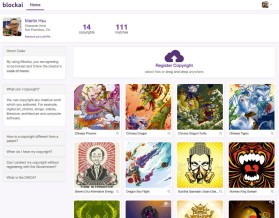 Apple Music this week tapped rights-tech developer Dubset Media to manage clearances and royalty payments for DJ mixes and other mashups, opening the way for thousands of hours of user-generated content to be made available legally on the streaming service.
Apple Music this week tapped rights-tech developer Dubset Media to manage clearances and royalty payments for DJ mixes and other mashups, opening the way for thousands of hours of user-generated content to be made available legally on the streaming service.
The deal, which relies on Dubset’s proprietary technology for identifying the individual tracks used in extended mixes and making payments to the appropriate rights owners, marks a milestone for electronic dance music (EDM) and other types of derivative work, such as DJ mixes and remixes, which have become hugely popular with music fans but until now have largely been kept off the major streaming services due to the difficulty and complexity of clearing the rights for the dozens of tracks they typically include.
Instead, most EDM and DJ mixes wound up on platforms like SoundCloud, which until recently had no licensing deals in place with music labels or publishers, or on underground streaming services that are less particular about copyrights.
“Our genre has grown hand in hand with the rapid growth of streaming and digital services yet, despite billions of online plays, most of our creators and rights-holders earn very little for their efforts compared to their ‘pop’ peers,” Association of Electronic Music CEO Mark Lawrence told Music Business Worldwide in response to the Dubset announcement. “This is the first move to correct the imbalance.”
Read More »
 date to $1.5 million.
date to $1.5 million.


 Apple Music this week
Apple Music this week 